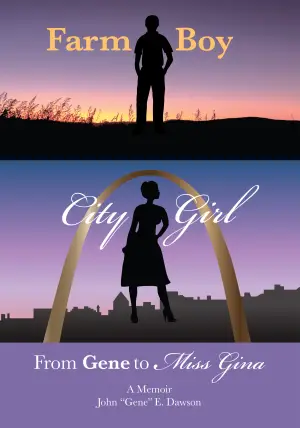A Journey Through Memory: A Review of The Storyteller’s Death
When I first stumbled upon The Storyteller’s Death by Ann Dávila Cardinal, the alluring premise immediately captivated me. A Puerto Rican woman grappling with a strange ability to relive her ancestors’ stories? It felt like a promise of both magic and introspection, and I couldn’t resist diving in. As an avid reader, I often seek narratives that not only entertain but also spark deeper reflections on heritage and identity, and this book did just that.
The narrative follows Isla Larsen Sanchez, whose life spirals into chaos after her father’s death. Instead of finding solace at home in New Jersey, she becomes a familiar face in her grandmother’s home in Puerto Rico. Through these summer visits, Isla discovers the legacy of the cuentistas, her family’s gifted storytellers. The moment her grandmother dies, Isla unlocks a past filled with memories—not her own, but those lived by her ancestors. This unique inheritance, however, feels like both a blessing and a curse, especially when it leads her to uncover a cold case and an old murder mystery.
What truly resonated with me is Isla’s emotional journey. Through the lens of her inheritance, we explore complex themes such as loss, resilience, and the often-dark burden of remembering. Dávila Cardinal does a brilliant job utilizing Isla’s talent to reflect on her mother’s painful struggles with alcoholism, subtly portraying the cyclical nature of trauma. Isla’s navigation through grief and her quest for understanding is both poignant and relatable. It’s a refreshing take on how the past, while haunting, can also empower us to confront our present challenges.
The writing style is a beautiful blend of lyrical prose infused with cultural nuances. The dialogues are infused with a Spanish-inflected English that adds a textured layer to the storytelling. For those unfamiliar, it might take a moment to adjust, but trust me, it’s worth it. The way Dávila Cardinal crafts her sentences is evocative; it feels like each word danced across the page, begging to be savored. The pacing, though, occasionally falters. Isla appears to glide through her inquiries with surprisingly little pushback, which at times left me wanting a deeper conflict to heighten the stakes.
One particular highlight that stuck with me was Isla’s realization: “History is nothing but His Story, but how beautiful it is when Her Story can finally be told.” This quote encapsulates a central theme of the book—reclaiming narratives that have often been silenced. It filled my heart with the warmth of familiarity and the thrill of empowerment.
If you, like me, enjoy stories that delve into the intricate dance of family legacy, grief, and identity, I wholeheartedly recommend The Storyteller’s Death. It’s an enchanting read that invites you to slip into Isla’s world of cuentistas and internal struggles. While there are areas that could benefit from deeper exploration, Dávila Cardinal’s storytelling voice promises a rewarding journey.
Ultimately, this book serves as a gentle reminder that our stories, however painful, shape us. They can be tools for understanding, healing, and moving forward. I found myself reflecting on my own familial narratives long after turning the last page, and isn’t that the mark of a truly impactful read? Grab this book and take the plunge—who knows what rich stories await you within its pages!






